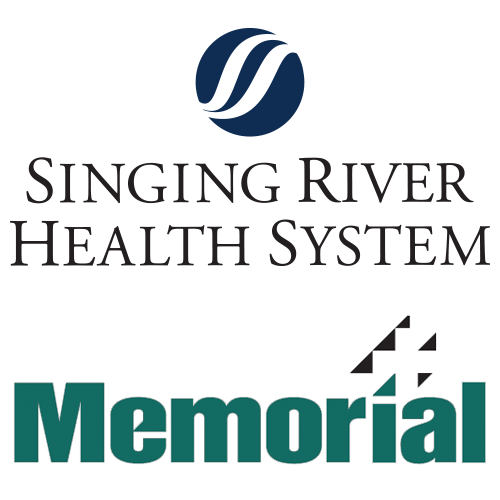Coast Hospitals Challenge Department of Medicaid’s Funding Formula

The coast’s two largest community healthcare systems announced today their intent to sue the State Division of Medicaid over a flaw in the payment formula that is meant to reimburse community hospitals for care provided to the uninsured and Medicaid beneficiaries.
Memorial Hospital at Gulfport and Singing River Health System, both public not-for-profit health systems, deliver critically needed care to a large population of patients who are uninsured or covered by Medicaid. The two hospitals serve as safety nets for inpatient and outpatient services. Some of the costs for caring for these patients are recovered through supplemental payment programs managed by the Division of Medicaid. Budgeted funds are available at the state level, but the funding formulas used for individual hospitals are flawed.
“In their current form, Medicaid payments as well as prior formulas for indigent care have created a scenario of winners and losers with funds unevenly distributed among providers,” says Kevin Holland, CEO of Singing River Health System. “While our coast hospitals are losing tens of millions in funding for low income patients, other providers in the state have actually enjoyed a windfall that exceeds their costs of care, which is unfair.”
The lawsuit seeks to recover underpaid Medicaid funds in excess of $20 million for the health systems in 2016, and to fix the funding formula going forward to assure fair and equitable distributions to healthcare providers across the state.
“Over the past several years, we’ve been in communication with federal and state officials as well as the Division of Medicaid regarding these underpayments and the flawed funding formula. Federal agencies have agreed with our findings but at the state level where the funds are issued we have been unable to reach a resolution,” says Memorial Hospital President/CEO Gary Marchand. “We have no choice now but to file suit to protect access to healthcare services.”
Harrison County has the second highest level of uninsured patients in the state with around 35,000 uninsured, followed closely by Jackson County with the fourth highest at nearly 25,000.